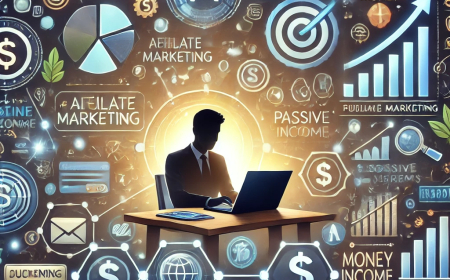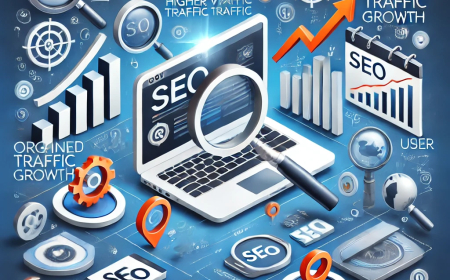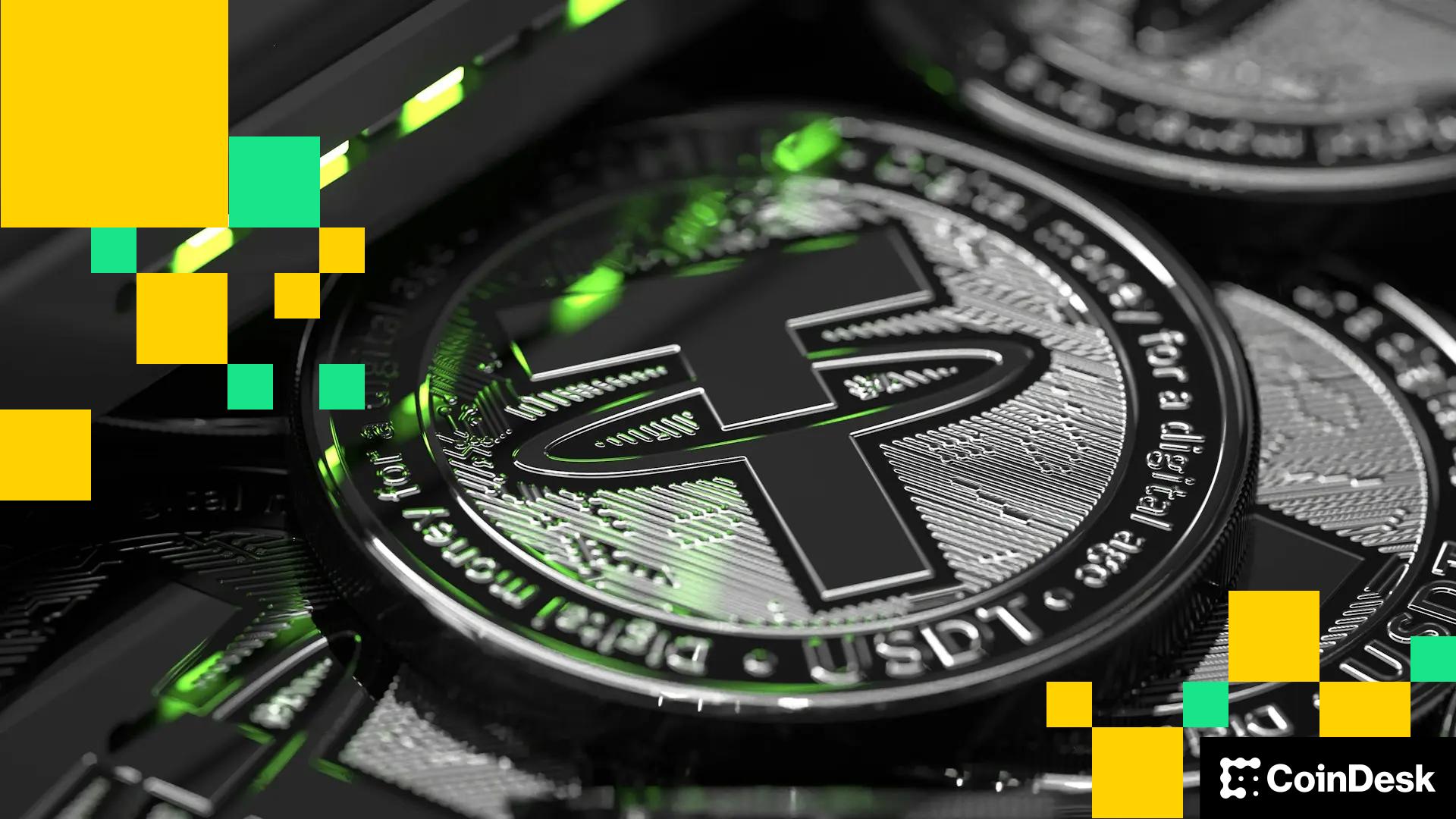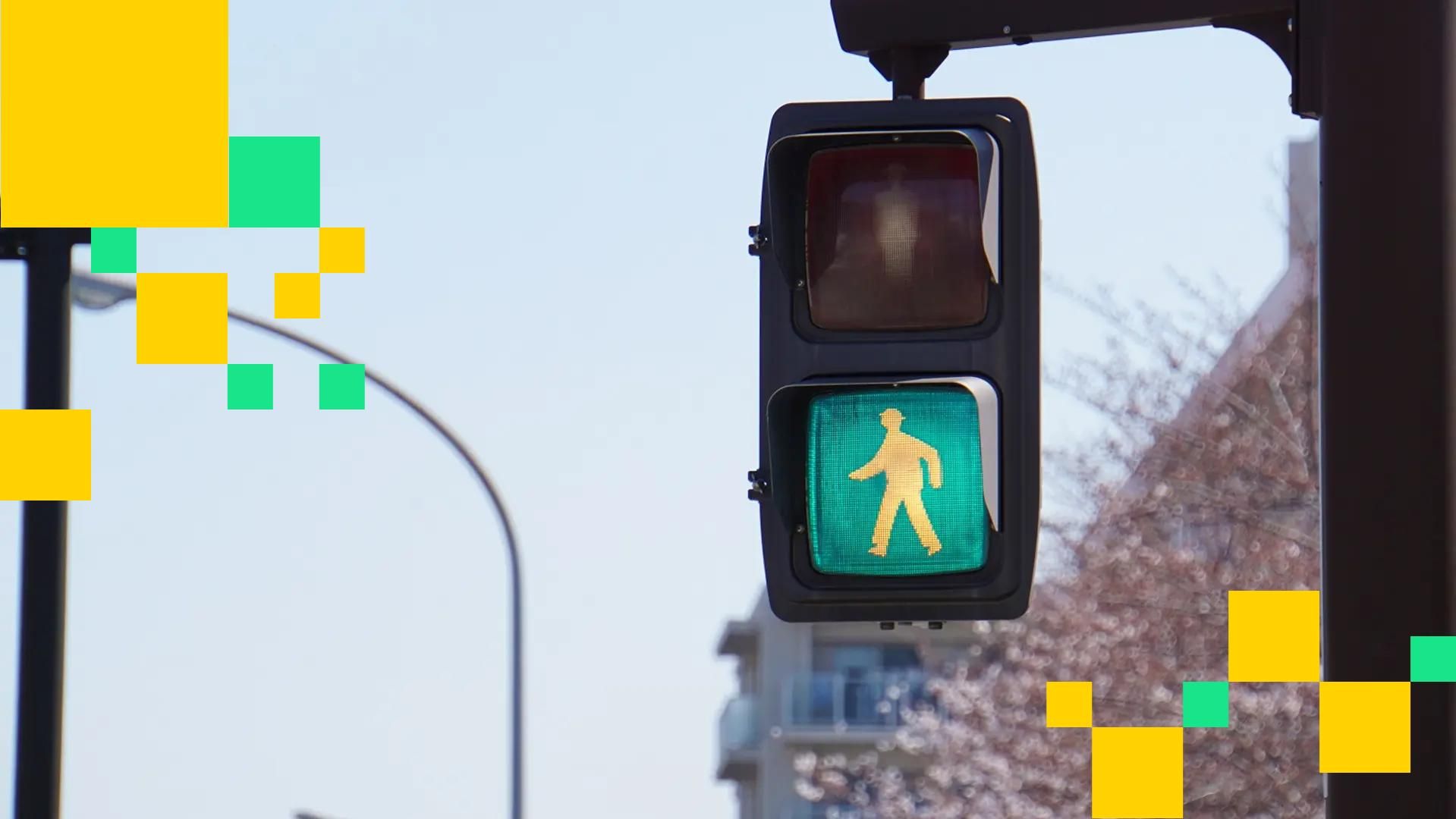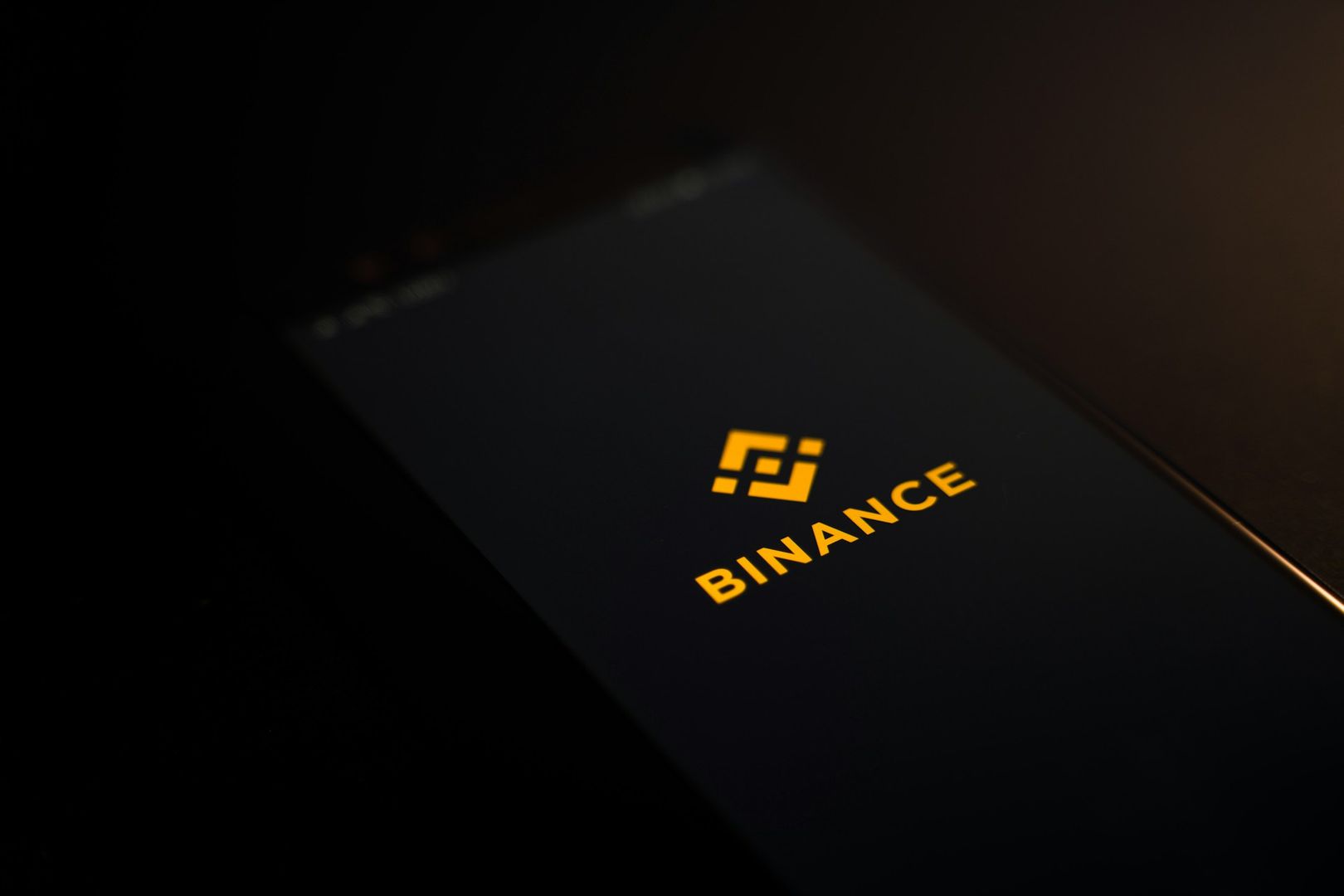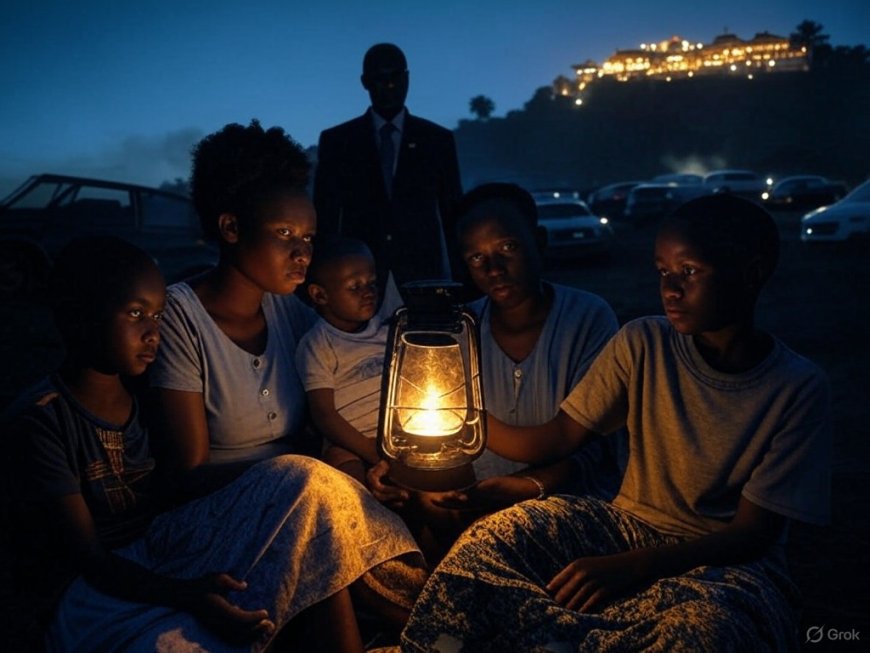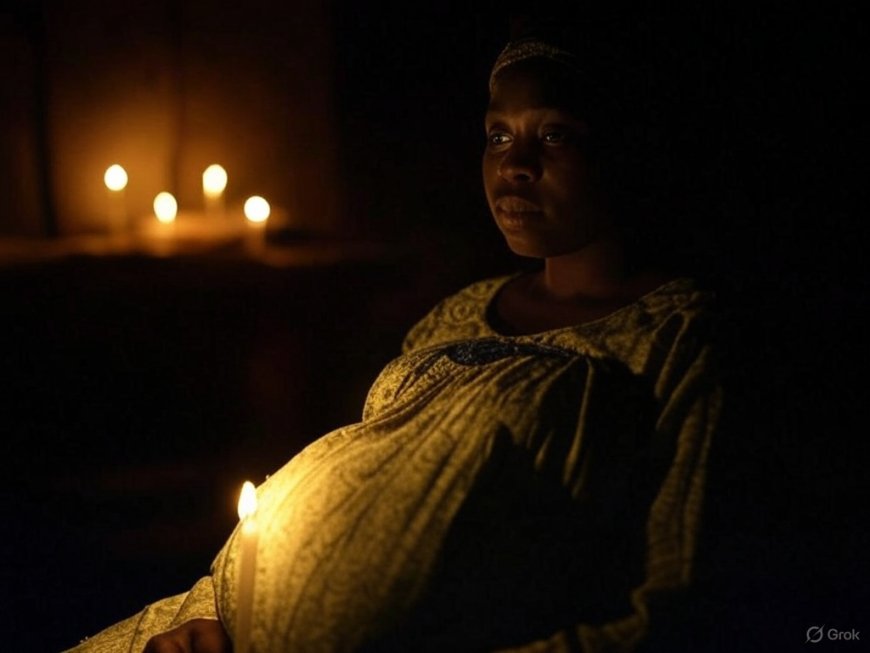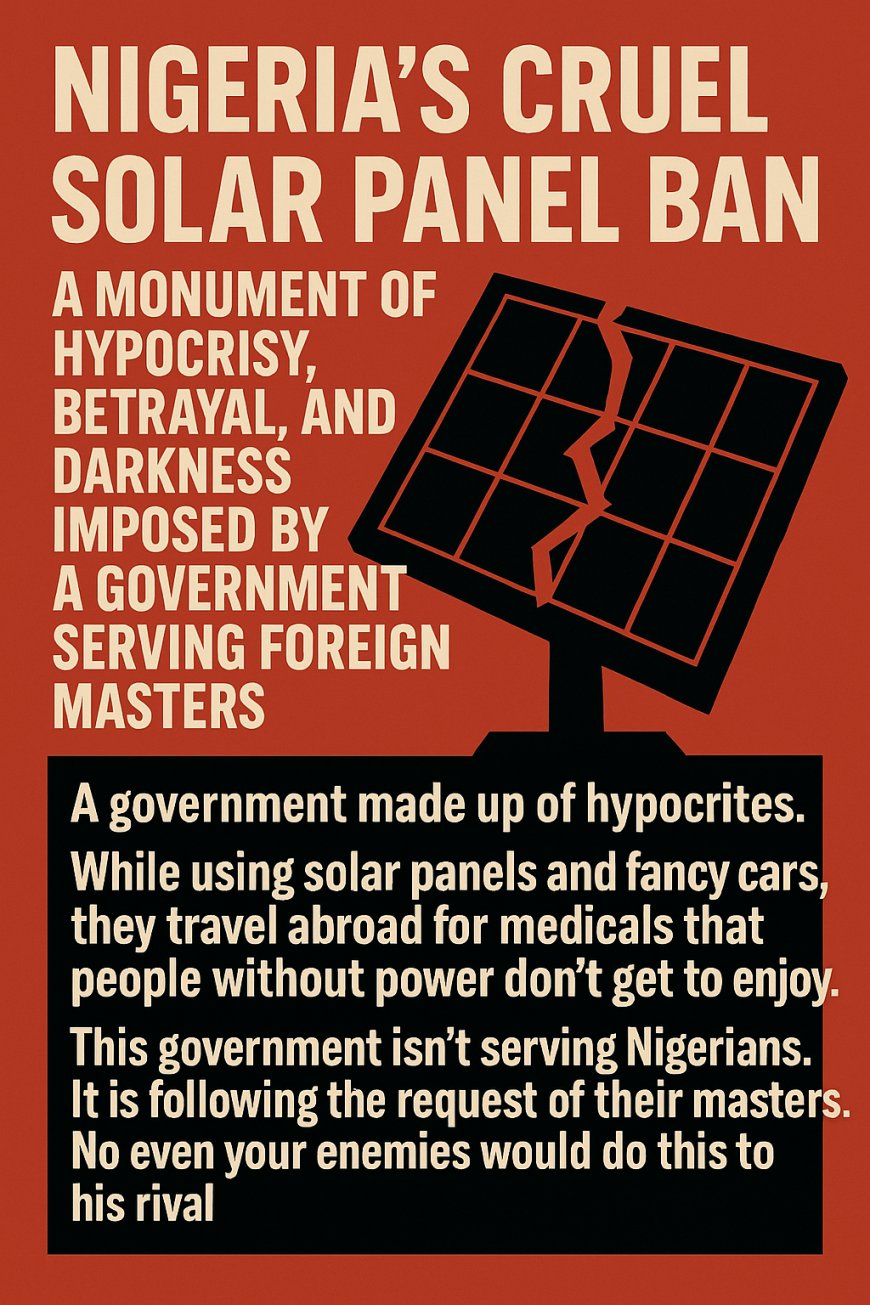Nigeria's Cruel Solar Panel Ban: A Monument of Hypocrisy, Betrayal, and Darkness Imposed by a Government Serving Foreign Masters
An in-depth critique exposing Nigeria’s hypocritical and harmful proposal to ban solar panels, highlighting the government's double standards of enjoying foreign luxuries while plunging citizens into darkness.
Nigeria’s Solar Panel Ban: Hypocrisy, Betrayal, and a Cruel Attack on the Nigerian People
In a bizarre move that defies logic, compassion, and basic human decency, the Nigerian government has embarked on plans to ban solar panels—a decision that reeks of hypocrisy and betrayal. At a time when Nigerians suffer daily from an epileptic electricity supply, chronic fuel scarcity, and devastating economic hardships, this policy proposal isn’t merely misguided—it’s outright wickedness.
A Monumental Hypocrisy
Let’s be clear: the government officials contemplating this catastrophic ban live lavishly. They glide smoothly through the streets in foreign-made luxury vehicles—Mercedes-Benz, BMW, Range Rover, and exotic brands from around the globe—purchased shamelessly with taxpayers’ money. They power their mansions with expensive imported generators and fuel procured effortlessly from public coffers.
These officials routinely jet abroad on taxpayer-funded medical vacations to world-class hospitals in the United Kingdom, Germany, Dubai, and the United States. They abandon Nigeria’s broken healthcare system, the same system they neglected and destroyed by their greed, incompetence, and corruption.
Yet these same officials dare propose banning solar panels—a critical lifeline many ordinary Nigerians rely on for basic power needs. The hypocrisy is monumental, palpable, and deeply offensive. What does it say about their priorities and whose interests they're truly serving?
Upholding the Request of Their Foreign Masters
This government is not serving Nigerians. Let's strip away the illusions and pretenses—this government serves the interests of foreign masters, international conglomerates, and vested interests abroad. Rather than working towards Nigeria’s energy independence and sustainability, this administration appears determined to maintain Nigeria’s perpetual reliance on expensive, imported fuel and inefficient, corrupt public electricity corporations.
Solar energy is free, abundant, and clean. It empowers Nigerian families, small businesses, and remote communities. Banning solar panels benefits only the profiteering cartels and corrupt elites, domestic and foreign, who stand to lose money if ordinary Nigerians gain energy independence. It is a conspiracy against the future and prosperity of Nigerians.
An Act Even Enemies Would Not Commit
Imagine a scenario: Would your worst enemy deliberately leave you helpless, impoverished, and trapped in darkness? Even the bitterest rival would hesitate before stripping away your last means of survival. Yet this is exactly what the Nigerian government seeks to do to its own people—its own citizens—who struggle every day under unbearable living conditions.
Banning solar panels is akin to forcing Nigerians to grope blindly through endless nights of uncertainty. It's a deliberate attack on human dignity, an intentional act of sabotage against the people's welfare and prosperity. It’s not policy; it's punishment. It's governance reduced to sadism.
Nigeria’s Epileptic Power Supply Crisis
We must look clearly at the harsh reality on ground: Nigeria, a country of more than 200 million people, generates electricity scarcely sufficient for a fraction of its population. Decades of corruption, neglect, and mismanagement have left our national power grid on life-support. Nigerians suffer daily blackouts, brownouts, and outright darkness. Businesses crumble, healthcare facilities suffer, students read by candlelight, and millions live without hope of sustainable electricity.
In this bleak environment, solar panels became a beacon of hope. They provided a lifeline—clean, renewable, affordable energy. Families invested their hard-earned savings into solar solutions. Small business owners used solar energy to sustain operations, create jobs, and build wealth.
Disadvantages of the Ban—A Nightmare Scenario Unfolding
1. Increased Economic Hardship
A ban on solar panels would disproportionately affect poor Nigerians who rely heavily on solar solutions. Without reliable alternatives, they’ll face higher energy costs and reduced income. Small businesses will close, unemployment will skyrocket, and poverty will deepen.
2. Amplified Health Risks
Without solar power, Nigerians in rural areas will depend more on kerosene lanterns, candles, and other hazardous fuel sources. This increases the risks of house fires, respiratory diseases, carbon monoxide poisoning, and other preventable tragedies.
3. Education Interrupted
Millions of Nigerian students depend on solar-powered lamps for their nightly studies. Without these resources, education standards—already struggling—will plummet further, robbing an entire generation of learning opportunities.
4. Environmental Degradation
Banning clean solar power forces a return to polluting sources like generators running on petrol and diesel. Pollution levels will spike, air quality will deteriorate, and environmental destruction will accelerate.
5. Strangling Rural Communities
Rural communities rely on solar energy for essential services such as water pumping, communications, refrigeration for medicines, and agricultural productivity. A ban would literally set rural development back by decades.
6. Loss of Investor Confidence
This irrational and hostile policy toward renewable energy will frighten international investors and drive away vital foreign direct investment needed to create jobs, build infrastructure, and improve standards of living.
7. Heightened Energy Insecurity
Solar energy offers resilience against blackouts and fuel crises. Banning solar panels makes Nigeria more vulnerable to energy shocks and disruptions—precisely at a time when energy security is a global priority.
8. Empowering Corruption
Banning solar panels only enriches corrupt bureaucrats and vested interests within the power and fuel importation sectors. It is not only economically irresponsible—it encourages graft and exploitation at every level.
9. Deterioration of Innovation and Technological Growth
Local entrepreneurs and innovators who have invested significantly in solar energy research, production, and installation will see their hard work crumble. Technological advancement and innovation in renewable energy—critical sectors for the 21st-century economy—will suffer catastrophic setbacks.
10. Social Unrest and Anger
With widespread frustration, helplessness, and anger at being pushed into greater darkness, the policy risks igniting widespread social unrest and discontent across the nation. When citizens lose hope, the risk of instability and violence multiplies.
The Cruel Betrayal of a People
This is more than bad governance—it’s cruel governance. It’s a betrayal of the highest order. It strips Nigerians of their dignity, their hope, and their potential. It makes Nigeria weaker, poorer, and more dependent, ensuring the nation’s future remains tied to exploitative foreign interests rather than empowering Nigerians through independence and innovation.
Nigeria Deserves Better
Nigerians are hardworking, innovative, resilient people. Given opportunities, Nigerians achieve greatness—in business, education, technology, culture, and creativity. The Nigerian spirit is one of innovation in adversity, triumph against odds, and progress amid hardship. Solar energy exemplifies this spirit of independence and resilience.
The government’s proposed ban is not merely shortsighted or economically reckless; it is deeply immoral. It punishes ordinary Nigerians for the government’s own failures. It places profit and patronage over people. It symbolizes all that is wrong with governance in Nigeria—corruption, hypocrisy, callousness, and contempt for the average Nigerian citizen.
A Call to Action—Resist the Darkness
Every Nigerian citizen, civil society group, business association, youth leader, and community organization must reject this policy unequivocally. Nigerians must demand accountability, transparency, and government policies genuinely geared toward empowering—not enslaving—the people.
We must insist upon energy independence, renewable energy investments, infrastructure improvements, transparent governance, and innovative policies. If Nigeria’s government won’t provide these, then Nigerians must unite and demand new leadership. A leadership responsive to its people, committed to energy independence, sustainability, innovation, and genuine progress.
Conclusion—Banning Solar Panels Is a Crime Against Nigerians
The proposed ban on solar panels by the Nigerian government is more than policy folly—it’s an act of aggression, a crime against humanity, and a devastating blow against Nigerian progress. It demonstrates clearly whose interests the current government serves, and whose it does not.
If even our sworn enemies would hesitate before committing such cruelty, why is our own government so willing to condemn Nigerians to a future of darkness, suffering, and despair? Why punish a struggling, hopeful population that simply seeks dignity, self-reliance, and the basic comforts of life?
This is not governance—this is a betrayal. Nigerians deserve better. We must demand better. We must resist the darkness they seek to impose upon us, and reclaim our future from those who govern only to oppress.
It is time Nigerians rise up and clearly tell this government: Enough is enough.
What's Your Reaction?
 Like
0
Like
0
 Dislike
0
Dislike
0
 Love
0
Love
0
 Funny
0
Funny
0
 Angry
0
Angry
0
 Sad
0
Sad
0
 Wow
0
Wow
0
